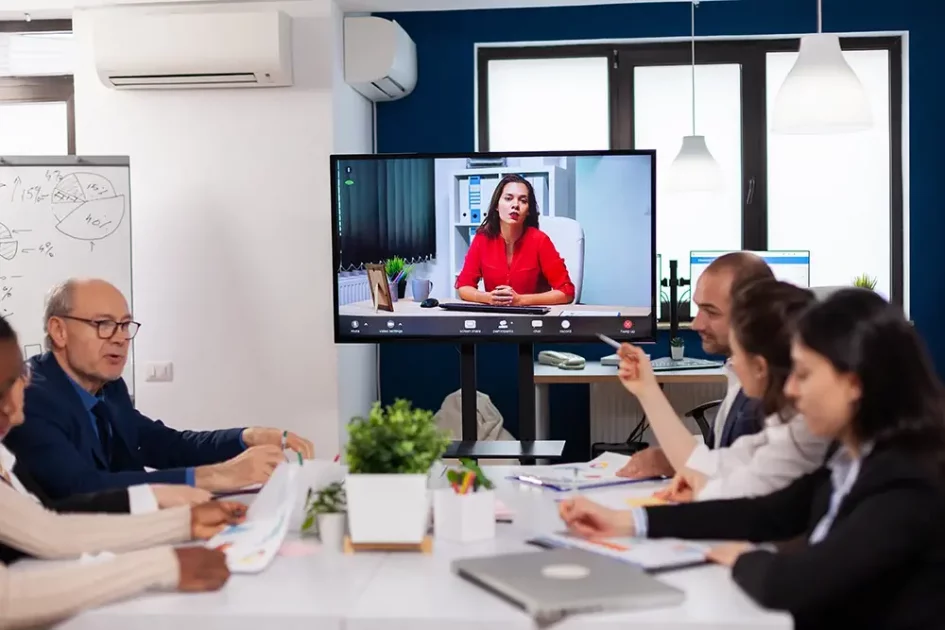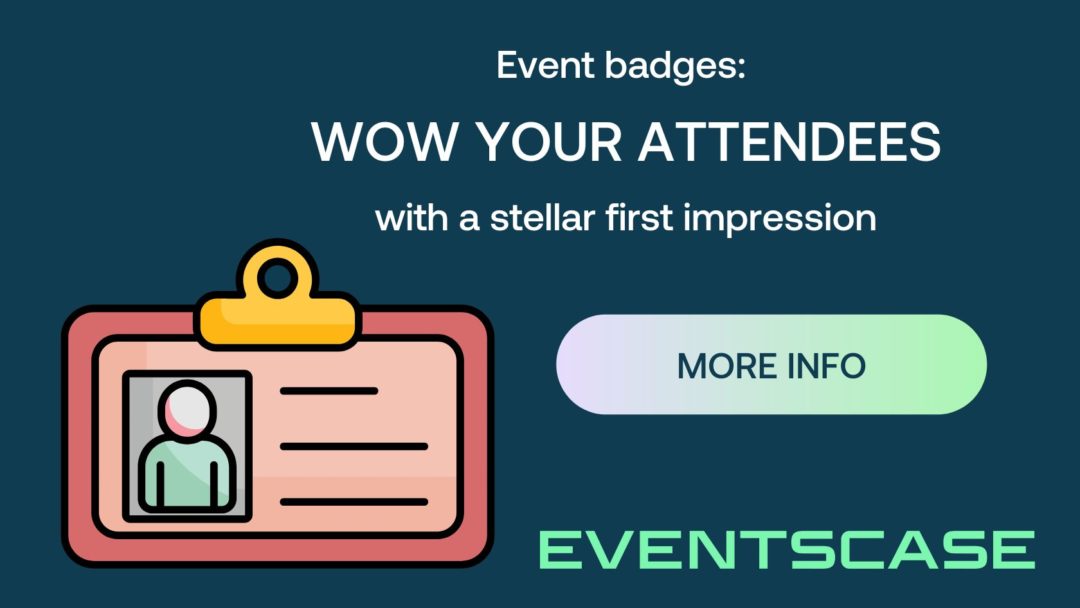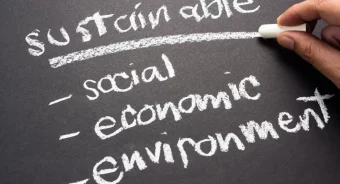In today’s fast-paced digital world, businesses of all sizes are looking for ways to connect with their audiences beyond the traditional in-person setting. Virtual events have become a staple, offering flexibility, scalability, and cost-effectiveness. But hosting a successful event goes beyond simply choosing the right platform. What truly makes the difference is having a virtual event marketing strategy that ensures your efforts deliver tangible results.
Why Your Business Needs a Virtual Event Marketing Strategy
A virtual event opens doors to new markets, but without a clear plan, even the best platforms and content can fall flat. A well-defined virtual event marketing strategy provides structure and direction, helping you attract the right audience, generate engagement, and achieve measurable outcomes.
Whether you are a start-up running webinars or an established enterprise hosting large-scale online conferences, your ability to communicate the event’s value is what drives registrations and attendance. In short, your event is only as strong as the marketing behind it.

Building the Foundations of Your Marketing Plan
Before diving into creative campaigns and promotion tactics, it’s essential to build the groundwork. A good marketing strategy for virtual events begins with three pillars:
- Defining objectives: Are you aiming to generate leads, boost brand awareness, or nurture customer relationships? Clear goals guide every decision.
- Knowing your audience: Understanding what motivates your target attendees allows you to craft messages that resonate.
- Choosing the right platforms: Social media, email marketing, and partnerships each play a role. Select channels that align with your audience’s habits.
These foundations act as the backbone of your virtual event marketing plan, ensuring that every tactic ties back to a bigger picture.

Creative Virtual Event Marketing Ideas
Once the essentials are in place, it’s time to think creatively about how to capture attention. A few proven virtual event marketing ideas include:
- Teaser campaigns: Share behind-the-scenes clips, speaker introductions, or sneak peeks of the agenda to build anticipation.
- Influencer collaborations: Leverage industry thought leaders to extend your event’s reach. Their endorsement often carries more weight than paid ads.
- Interactive content: Quizzes, polls, or mini challenges related to the event theme help create early engagement.
- Countdowns and reminders: Use email and social posts to maintain momentum as the event date approaches.
The goal here is not only to promote but also to spark excitement and conversation around your event.
Executing Your Virtual Event Marketing Plan
Execution is where strategy meets action. A practical marketing plan for virtual events often follows a phased approach:
- Pre-event promotion: Focus on driving awareness and registrations. Offer early-bird discounts or exclusive content for those who sign up in advance.
- During the event: Keep attendees engaged with live social media updates, hashtags, and Q&A sessions.
- Post-event follow-up: Share recordings, highlights, and resources. Use this as an opportunity to nurture leads and extend the value of your event.
As registrations come in, use data to segment attendees and trigger personalised follow-ups — for instance, by interest area or attendance likelihood. Meanwhile, teasers, speaker previews and countdowns help maintain momentum. For tactics focused specifically on boosting registration numbers, see also the Eventscase article How to Boost Registrations of Virtual Events.
After your virtual event ends, your marketing doesn’t stop. Use content such as session recordings, highlight reels, email nurture campaigns, and social proof to extend the impact and generate leads for future events. The post-event phase is where many event marketers lose momentum — but with the right plan, it becomes a powerful extension of your strategy.
Consistency is key. Every touchpoint should reinforce your event’s value proposition while maintaining brand voice and tone.

Choosing the Right Online Event Management Platform
An effective virtual event marketing strategy also relies on the tools you use to deliver the experience. Selecting an online event management platform is crucial, as it determines how smoothly you can organise, promote, and host your event.
Look for platforms that offer flexibility, reliable integrations with your marketing channels, and features that encourage attendee engagement, such as live polls or networking rooms. For instance, solutions like Eventscase provide a comprehensive system to manage registrations, communications, and analytics, making it easier to align your promotional efforts with the event itself. The right platform should feel like an extension of your marketing plan, supporting both your creative ideas and your operational needs.
In crafting your promotional plan, you should map out a content calendar combining email drip campaigns, social media bursts, retargeting ads, and SEO-optimised microsites. This holistic approach is in line with best practices shared in Eventscase’s post on How to Design an Integrated Marketing Campaign for your Event, which emphasises consistency across channels, narrative alignment, and measurement.
Measuring Success and Refining Strategies
No strategy is complete without measurement. Tracking metrics such as registration numbers, attendance rates, engagement levels, and post-event conversions helps you evaluate effectiveness. From here, you can refine your approach for future events.
By continuously reviewing and improving, you turn your virtual event marketing strategies into a cycle of growth rather than a one-off effort. This ensures that each new event becomes more successful than the last.
Conclusion
A practical virtual event marketing strategy doesn’t need to be overly complicated. By establishing clear objectives, understanding your audience, and blending creativity with structure, any business can deliver impactful events that engage and convert. Remember, your marketing is not an afterthought. It is the driving force that turns your event into a memorable experience.
With the right mix of planning, execution, and measurement, you can create virtual events that not only reach but also resonate with your target audience. Whether you’re drafting your first virtual event marketing plan or looking to optimise existing efforts, the key lies in strategic thinking and consistent delivery.
At the end of the day, events are about people—and the best way to serve people is to listen.
If you would like to subscribe to our newsletter to get live updates on everything related to our platform – news, blogs, events, announcements and much more, please, register here.






